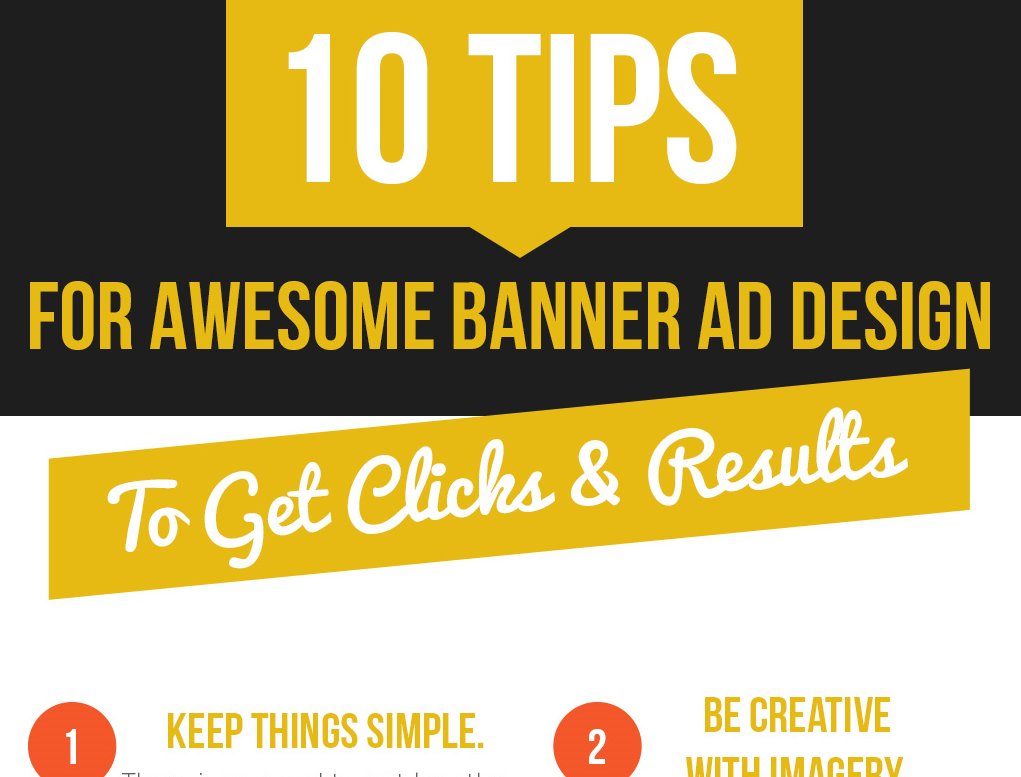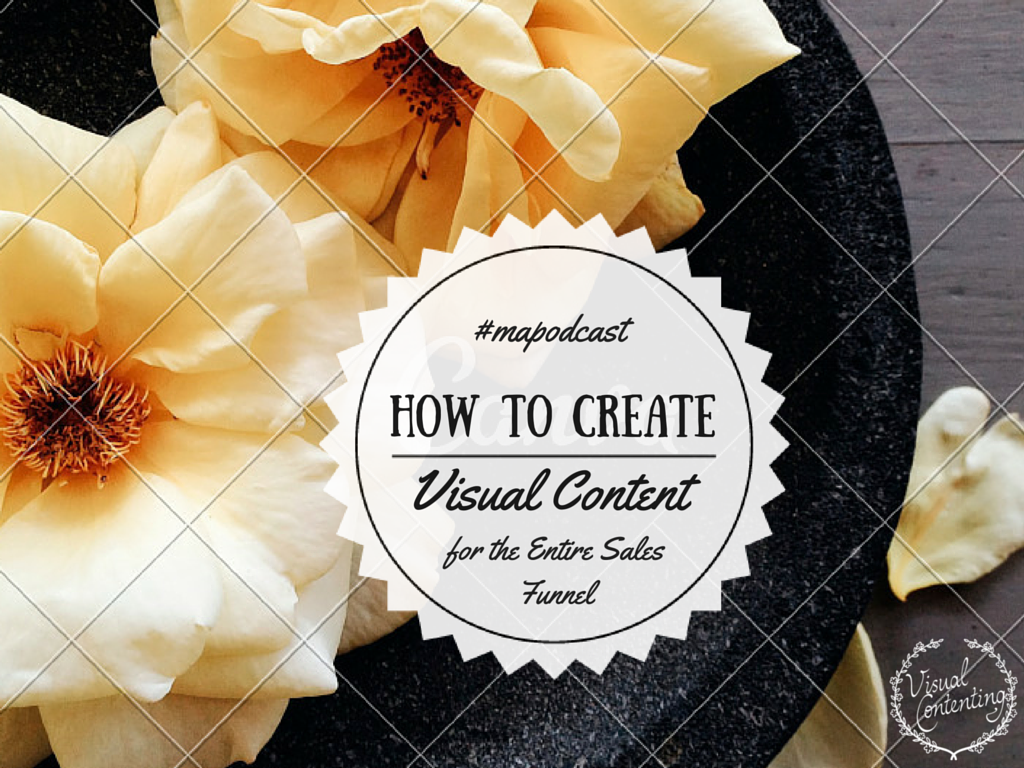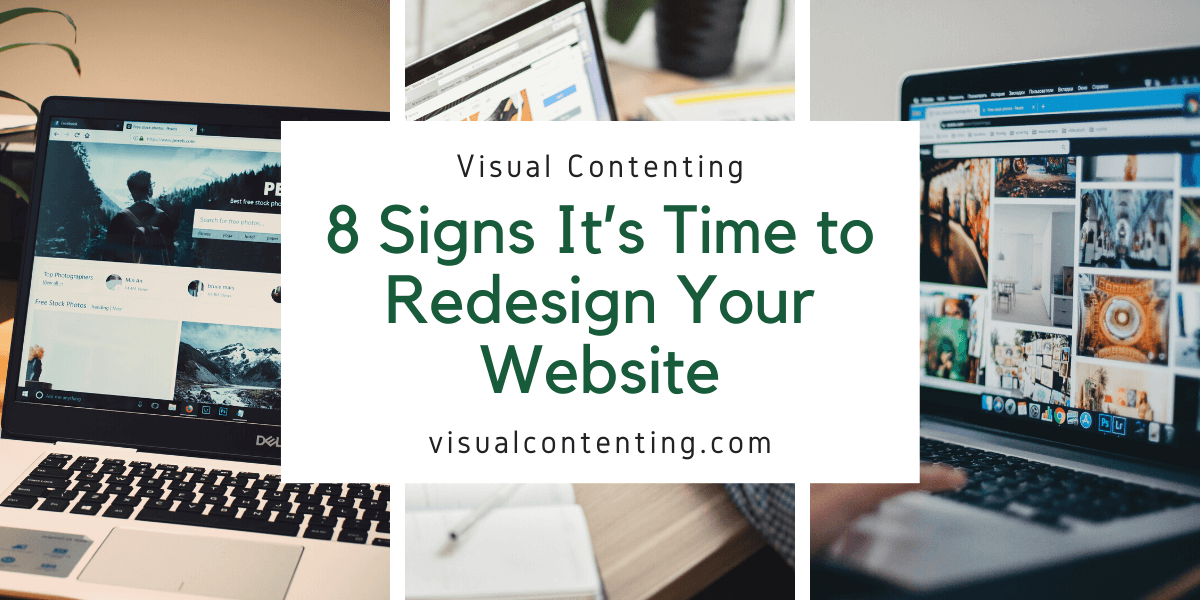You grew up seeing web design industry evolve as a million-dollar industry. You see the era of the static web pages give way to fully dynamic web pages. Then there are new web design trends that completely transformed the internet. This fascinates you so much that you decided to make a career in web design.
You enroll in the best degree program to acquire the knowledge and gain hands on experience by doing multiple web design projects. Unfortunately, universities and colleges don’t teach you everything. There are certain things that you learn by experience and no one tell you about them.
In this article, we will tell you about seven of these things that no one told you about web design industry.
1. No Rewards for Experimentation
Billy Fagan, a professional web designer and developer loves to tinker with the code before jumping into the web design and development industry. In his early days, he used to experiment a lot. Unfortunately, he did not realize that you cannot put any cool new thing you learned into your web design projects straight away.
Reflecting back on his experience, he said, “You are not doing this as a hobby anymore; it’s a professional situation. This means the client is paying for your time.” He points out, “The client almost never has the budget for you to test out your new shiny thing on their project and why should they? You just need to try the shiny stuff on your personal projects.” In short, if you are expecting appreciation and reward for trying new things then, you will be disappointed.
2. Keep Moving
The pace at which web design industry is evolving is mind boggling so much so that if you stay still you will soon become a part of history. Sally Lait a digital transformation consultant tells her story about when she started working as a junior developer. Sally admits that she was shocked by the rate of change in the industry when she stepped into it.
She adds, “Embracing changes in technology, user expectations and societal shifts – even my own interests – over time was something that I initially struggled with rather than welcomed,” According to her, “Change often feels scary and tiring but it’s also really exciting to naturally keep evolving on your own personal journey and keep finding new things that you enjoy.”
3. Don’t Tell Everything to Clients
You might be excited to tell your clients what you are working on and keep them well informed about the progress. Sometimes, it is better to stay tight lipped than revealing everything to clients. In some cases, when you reveal everything to clients, it could prove to be an unpleasant surprise for clients and might land you in hot waters.
Instead of revealing everything at once, you should use clear communication throughout the design process. James Stiff, a freelance designer said, “Manage expectations and keep stakeholders actively engaged in the design process. When presenting designs, remind stakeholders of the problem that they aim to solve.”
4. Aesthetics Is Not Everything
If you have ever studied web design, you might be a bit surprised to see most of the classes are related to aesthetics. This makes you believe that web design is all about aesthetics and nothing else. With this mindset, you tend to ignore usability which hampers the overall user experience of the websites you create. Web design agency knows that very well which is why they focus on both aesthetics and user experience to create winning web designs.
Catt Small faced similar issues when she was studying and starting her career in web design. She said, “By thinking about the people who will use the experience, understanding them deeply and considering their stories, I have become a much better designer. My favorite thing to do is create scenarios that help me understand when people would use my designs. This not only helps me identify potential pain points but also helps me communicate better with collaborators.”
5. You Cannot Know It All
Marco Poletto, a front-end software engineer, “It is all too easy to fall into the trap of wanting to learn it all: all the frameworks, all the languages, everything. After years in the field and a touch of ‘JavaScript fatigue’, I wish I’d known how to evaluate my options briefly, without wasting time on the array of choices in front of me and then invest my time on that and only that.” If you are finding it difficult to focus on one thing, Poletto has a simple tip. Follow what you like, and it will make it easier to master the art of web design.
6. Design and Development Is A Part of Process
Most people think that web design and development is all about design and development. Maria Perna, co-editor of SitePoint. said, “I didn’t realize how much I would need business skills and how much easier my professional life would be if I felt at ease building personal connections,” she says. “I took for granted that long-term professional development and continuing to be my usual geeky self would be enough. I had to understand the importance of building up bridges with other devs, both to stay on top of what happens in the industry and to learn about work opportunities. Not to mention getting to grips with marketing and business concepts.”
7. Charging Lower Can Ruin Your Business
Setting the right price for your service is critical to propel your career to the next level. Diana Lopez, developer and designer shares her experience by saying, “They can’t have confidence in you if you don’t have confidence in yourself. Too-low rates can severely affect your business and you can end up feeling frazzled at the end of every month, from overwork and empty pockets.
She further adds, “When I started doing this, the scope of work became clearer, so I could justify my quote easily, you stop feeling like clients will run away at the sight of your quote.”
Which of these things you did not know about web design industry? Feel free to share it with us in the comments section below.
Related Posts
Mohammad Ali is an experienced digital marketer and a search engine marketing specialist who is currently associated with Branex, as senior digital marketer and brand strategist.







